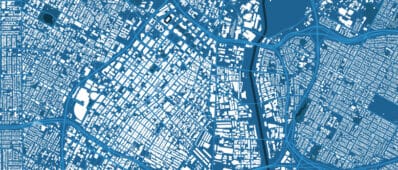Abstract
Climate change in California could greatly impact the state’s economy, nature, and public health. One strategy to reduce fuel consumption and greenhouse gas emissions from the transportation sector is eco-driving. Eco-driving is a set of behaviors or driving styles that encourage fuel-efficient driving that could help minimize energy consumption anywhere from five to 30 percent. With the advance of connected-vehicle technologies, the dynamic eco-driving concept uses real-time vehicle-specific information to optimize vehicle speed and reduce fuel consumption and emissions.
This policy brief finds that driver motivations for adopting eco-driving behaviors varies, perceived ease of use was a key factor influencing a
driver’s intention to use an eco-driving system, and (3) based on the result of the driving simulator experiment, drivers may become distracted while trying to follow the information provided by the eco-driving interface.
